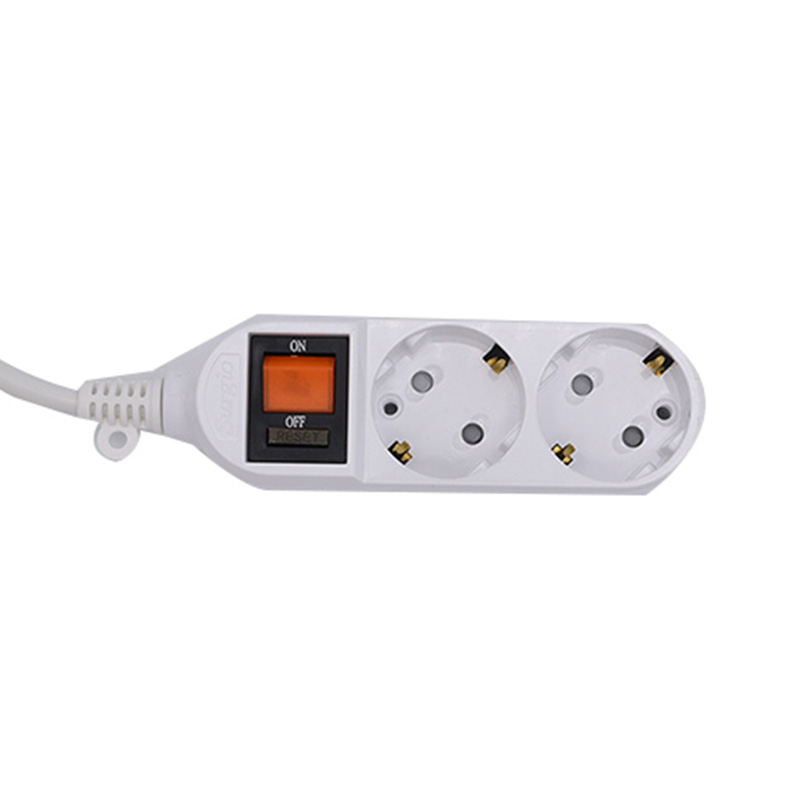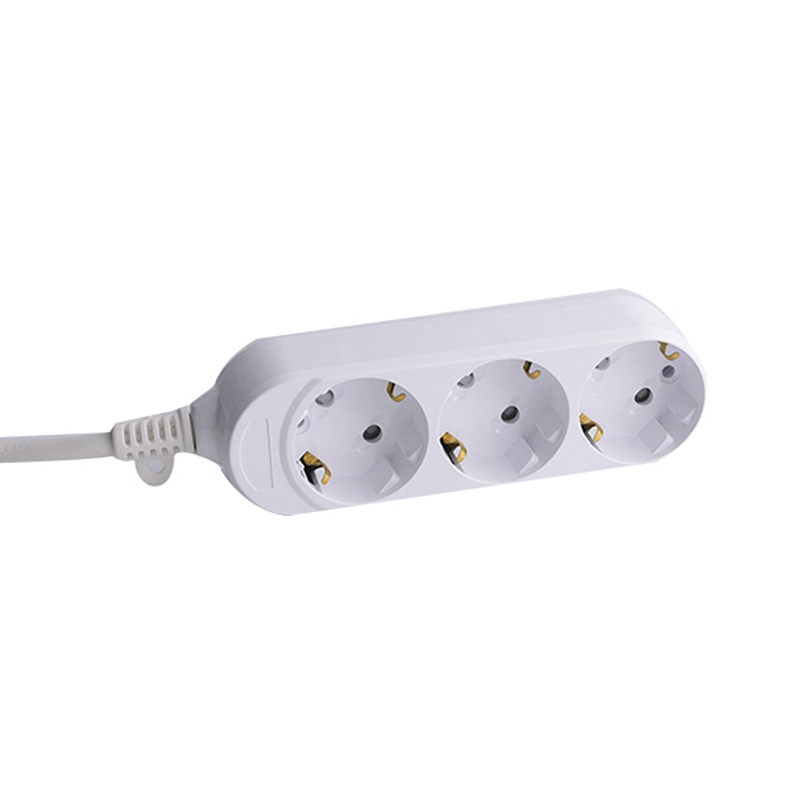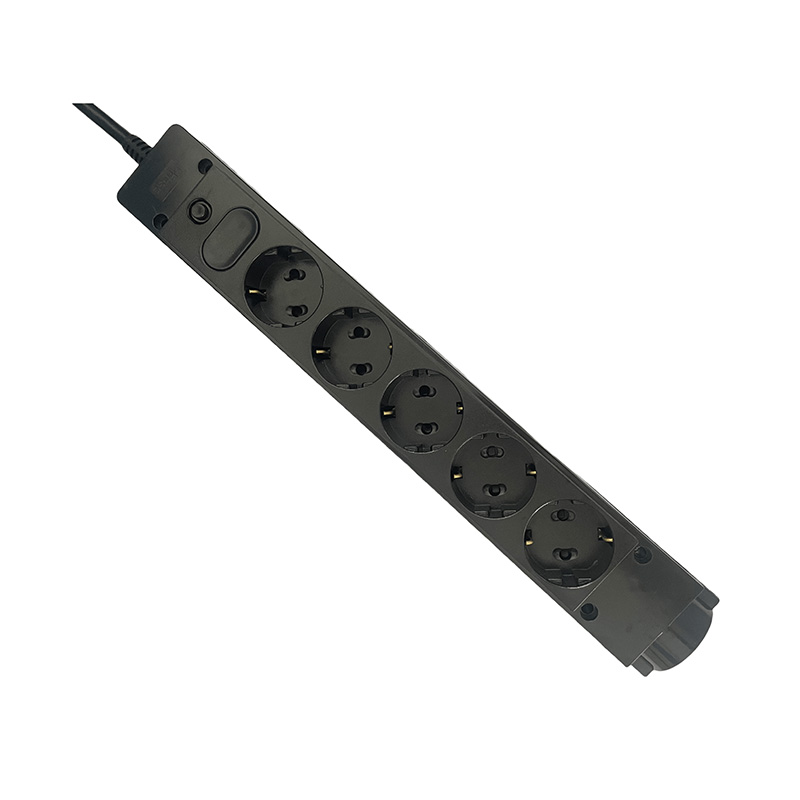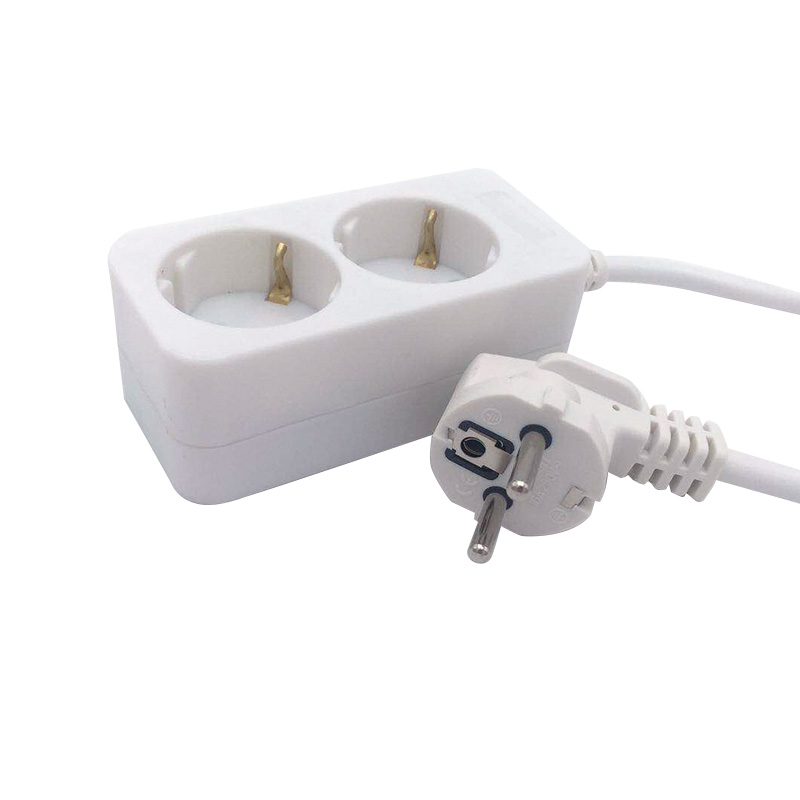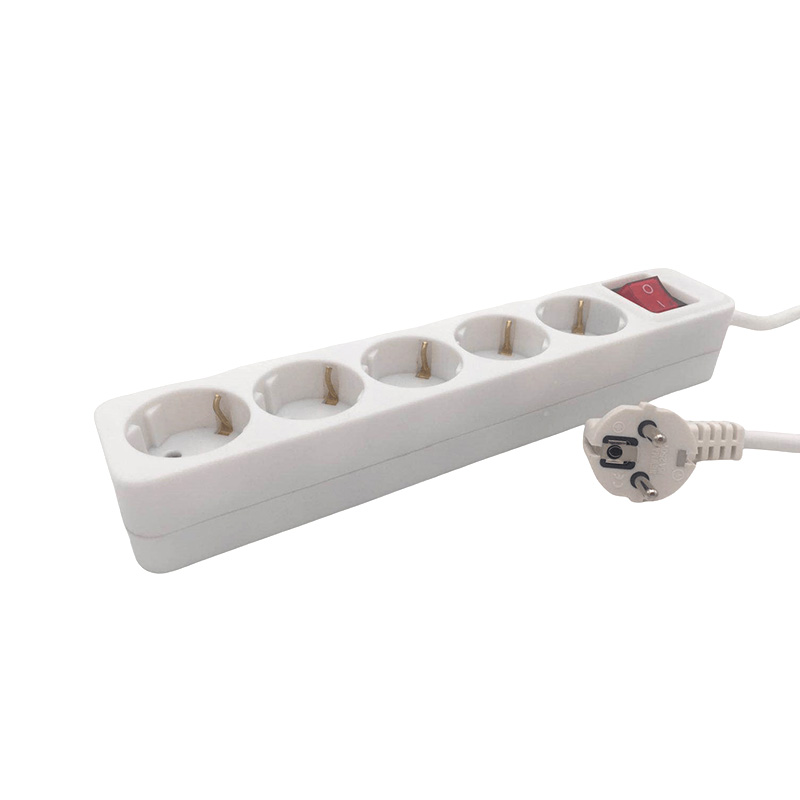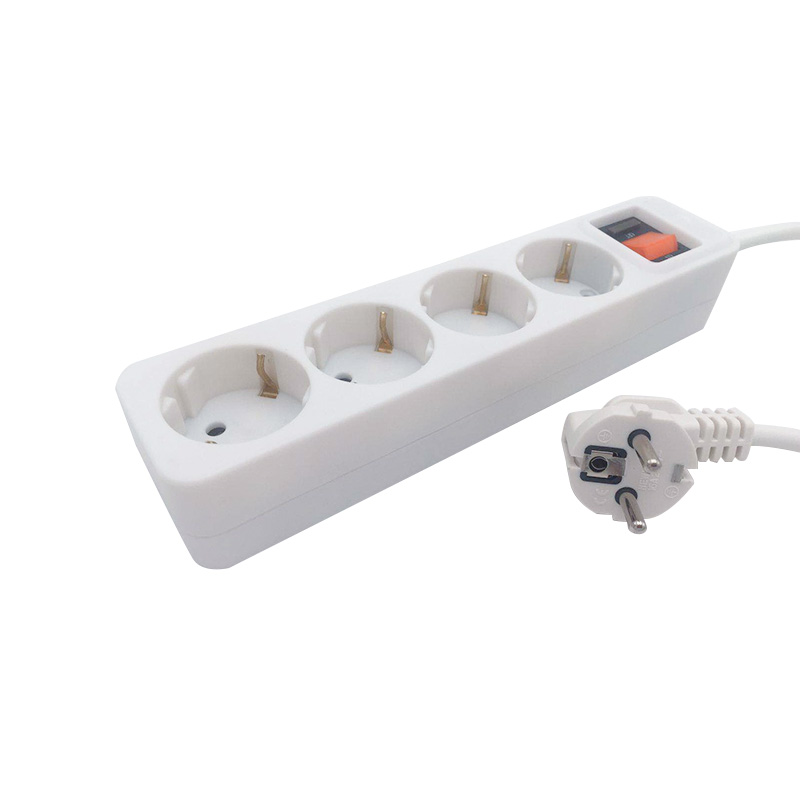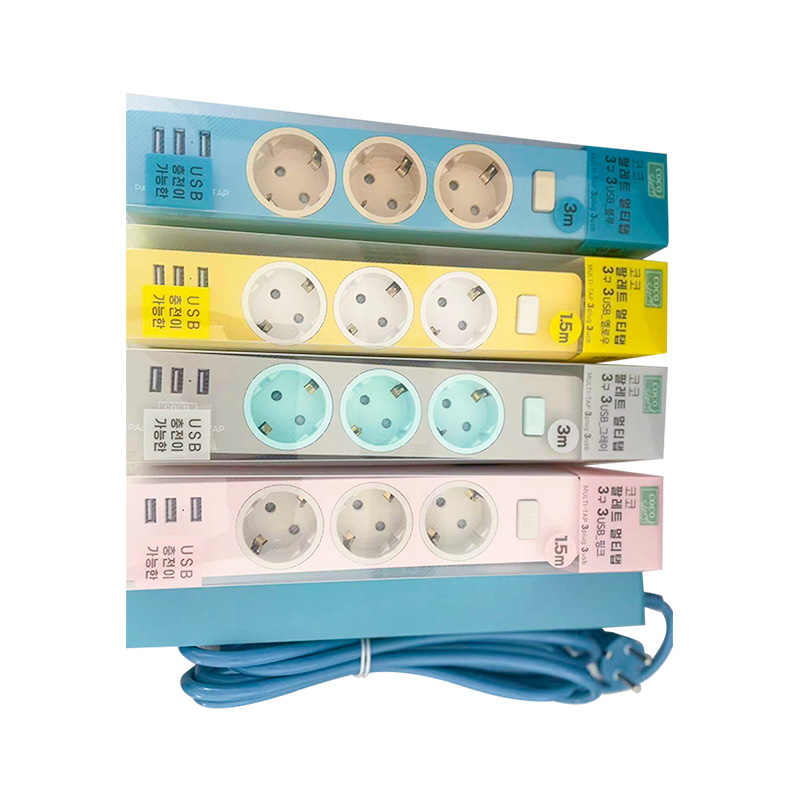Submit feedback
What are the durable materials used in cable reels?
 2025.11.24
2025.11.24
 Industry News
Industry News
Introduction to Cable Reel Materials
Cable reels are essential tools for managing and deploying electrical cables in various industrial, construction, and commercial applications. The choice of material directly affects the durability, safety, and efficiency of the reel. Selecting the right material ensures resistance to wear, corrosion, and mechanical stress, which is critical for both indoor and outdoor use.
Common Materials Used in Cable Reels
Cable reels are constructed from a variety of materials depending on their intended use. These materials balance strength, weight, cost, and environmental resistance. The most common materials include:
Steel
Steel is widely used in heavy-duty cable reels due to its exceptional strength and durability. It is suitable for applications requiring high load capacity and frequent handling. Steel reels are typically coated with powder paint or galvanized to prevent rust and corrosion, making them ideal for outdoor environments.
Aluminum
Aluminum is a lightweight alternative to steel, providing good corrosion resistance without compromising strength. Aluminum cable reels are popular for applications that require frequent transport or where weight reduction is critical. They are less prone to rust and can be anodized or coated for enhanced surface protection.
Plastic and Polymer Composites
High-density plastics and polymer composites are increasingly used for cable reels in light to medium-duty applications. These materials are resistant to moisture, chemicals, and UV radiation, making them suitable for outdoor use. Additionally, plastic reels are lightweight, reducing transportation effort and handling fatigue.
Wood
Wooden cable reels, traditionally made from hardwood or plywood, are still used for large industrial cables. They are cost-effective and capable of supporting very heavy loads. However, wood is more susceptible to moisture, decay, and damage from rough handling. Protective coatings or storage in dry environments are essential for prolonging their lifespan.
Factors Affecting Material Selection
Choosing the right material for a cable reel depends on several practical factors:
- Load capacity requirements for the cables being stored and deployed.
- Environmental exposure, including moisture, chemicals, and UV light.
- Frequency of handling and transportation demands.
- Cost and availability of materials.
- Regulatory or safety standards applicable to specific industries.
Durability and Maintenance of Cable Reels
The lifespan of a cable reel is closely linked to both material choice and maintenance practices. Regular inspections, cleaning, and proper storage extend the service life of the reel. Each material has specific maintenance considerations:
Steel Reels
Steel reels require rust prevention measures, including coating inspections and reapplication of protective paint or galvanization. Avoiding prolonged exposure to water or corrosive chemicals will also prolong the reel’s lifespan.
Aluminum Reels
Aluminum reels are relatively low-maintenance but should be cleaned to remove debris and prevent surface scratching, which can accelerate corrosion in harsh environments.
Plastic Reels
Plastic reels are resistant to most environmental factors but can become brittle under extreme UV exposure or impact. Proper storage and occasional cleaning with mild detergents are recommended.
Wooden Reels
Wood reels require protection from moisture and pests. Applying varnish or sealants and storing in dry, covered locations prevents decay and ensures structural integrity.
Comparing Material Performance
Understanding the strengths and weaknesses of different materials can guide practical selection for specific applications. The following table summarizes key performance aspects:
| Material | Strength | Weight | Corrosion Resistance | Maintenance Needs |
| Steel | High | Heavy | Medium | Regular coating & inspection |
| Aluminum | Medium | Light | High | Occasional cleaning |
| Plastic | Low-Medium | Very Light | High | Minimal, avoid UV exposure |
| Wood | High | Heavy | Low | Varnish & dry storage |
Conclusion
The material of a cable reel plays a vital role in its performance, safety, and longevity. Steel and aluminum provide high strength and durability for industrial applications, while plastic and polymer reels offer lightweight and corrosion-resistant options for lighter use. Wooden reels, although traditional, remain viable for heavy-duty applications if properly maintained. Understanding the characteristics of each material allows professionals to select the most appropriate cable reel for their specific needs, ensuring reliability and long-term value.
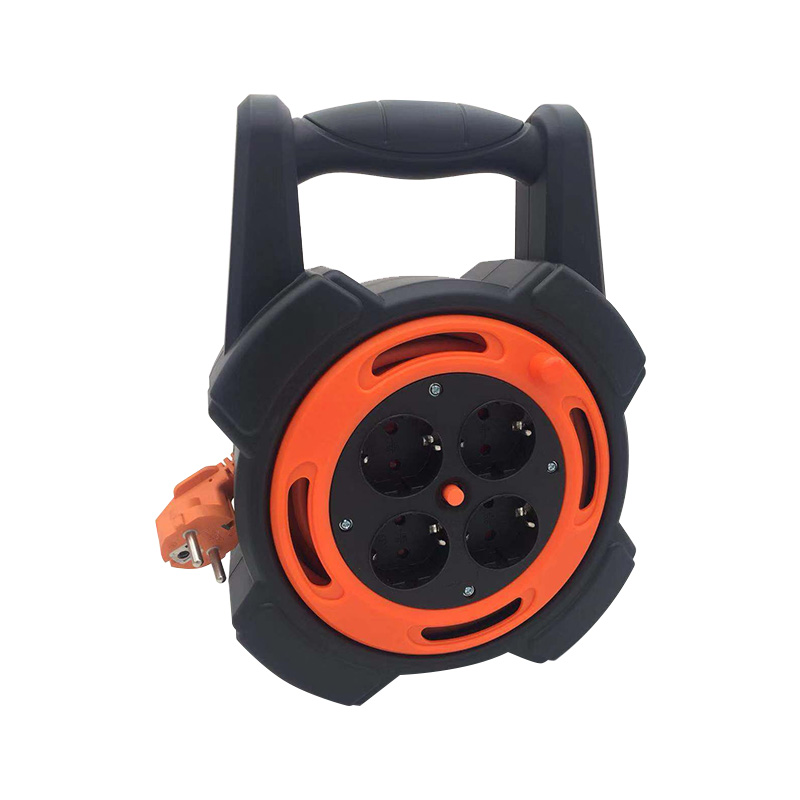
 TOP
TOP
 ENG
ENG
 English
English русский
русский 한국어
한국어 Deutsch
Deutsch

